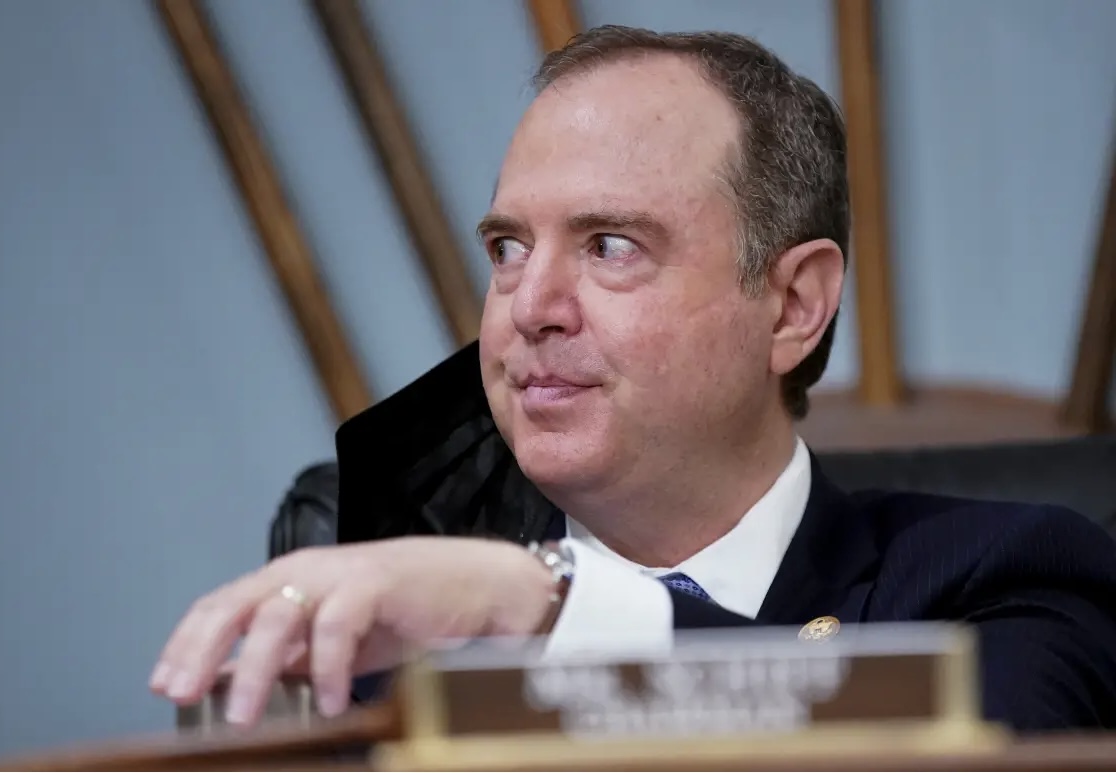Revealing the Investigation: Trump’s Directive to Declassify FBI Files on Crossfire Hurricane and the Pardon of Devon Archer
Introduction
On Tuesday, President Donald Trump signed a memorandum directing the declassification of all FBI files related to the Crossfire Hurricane investigation, a probe initiated in July 2016 to examine potential ties between Trump’s presidential campaign and Russian officials. Trump has consistently described this investigation as politically motivated, claiming it was a misuse of government power. The White House confirmed that federal agencies would release nearly all documents associated with the investigation, with the exception of a separate annex that contains remaining classified materials. Additionally, Trump pardoned Devon Archer, a former associate of Hunter Biden, who had testified about the Biden family’s business dealings. These actions raise important questions about transparency, accountability, and the balance of power in American politics.
The Crossfire Hurricane Investigation: A Brief Overview
The Crossfire Hurricane investigation began in 2016 under the FBI’s direction to assess allegations of collusion between Trump’s campaign and Russian officials during the 2016 U.S. presidential election. The investigation examined interactions between campaign members and individuals with alleged links to the Russian government. Over time, the probe became a source of intense partisan debate, with some arguing that it was politically driven while others maintained it was necessary for investigating possible election interference.
Details of the Memorandum
Trump’s memorandum calls for the immediate release of all FBI documents related to Crossfire Hurricane, with the exception of certain materials deemed necessary for national security or other sensitive concerns. Trump has repeatedly referred to the investigation as a “hoax,” claiming it was a politically motivated effort to undermine his campaign. His directive to declassify the documents aims to bring greater transparency to the investigation and challenge the narrative that the probe was a legitimate investigation into foreign interference in the election.
Devon Archer and His Role
In addition to the declassification order, Trump granted a pardon to Devon Archer, a former business associate of Hunter Biden. Archer, who was convicted in a securities fraud case, testified before Congress about the Biden family’s foreign business dealings. His testimony became a point of contention among those critical of the Biden administration, with many viewing his prosecution as politically charged. Trump’s pardon of Archer is seen as an effort to correct what he considers an unjust legal case driven by political motivations.
The Significance of Declassification
The decision to declassify the FBI files tied to the Crossfire Hurricane investigation is a significant exercise of executive authority. The president’s power to classify and declassify documents is integral to national security, but it also carries the potential to influence public understanding of sensitive political matters. While the release of some documents may shed light on the investigation, the redaction of certain information suggests a careful balance between transparency and the protection of sensitive data. The decision to withhold some materials, such as those in the separate annex, highlights the limitations and considerations involved in declassification.
The Broader Implications
The release of the Crossfire Hurricane documents and the pardon of Devon Archer are part of a broader conversation about the role of government transparency and the use of executive power. Trump’s actions are framed as an effort to ensure accountability, but they also highlight the complex and often contentious nature of executive decisions. The declassification of the investigation files may provide new insights into how the FBI conducted its probe, but it also raises questions about whether the selective release of information could serve to advance a particular political agenda.
Moreover, the pardon of Devon Archer contributes to ongoing discussions about the use of presidential clemency. Archer’s case was controversial due to the perception that his conviction was politically motivated, and Trump’s decision to grant him a pardon has sparked debates about the fairness of the judicial process and the role of pardons in addressing perceived injustices.
Conclusion
President Trump’s memorandum to declassify FBI files related to the Crossfire Hurricane investigation and his pardon of Devon Archer are actions that underscore the complexities of government transparency and accountability. These decisions reflect ongoing debates about the balance of power in American politics and the importance of revealing information to the public. As the documents are released and analyzed, they may reshape the public’s understanding of the investigation and its broader political context. While these actions are presented as steps toward greater transparency, their impact on future political discourse and government accountability remains to be seen. The legacy of these decisions will depend on how they are interpreted in the context of ongoing political and legal developments.
